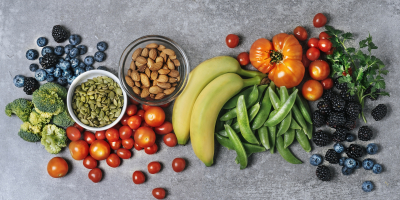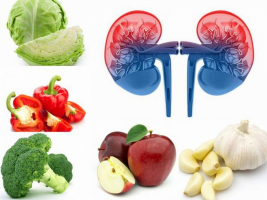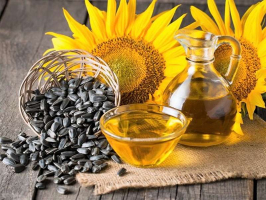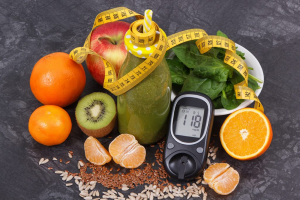Top 10 Best Foods For People With Heart Disease
Cardiovascular disease is the leading “killer” in many countries around the world. To deal with and prevent these problems, besides using cardiovascular drugs, ... read more...you can also apply some home remedies to improve the effectiveness of treatment. It also has the capacity to greatly enhance heart health at the same time. Among these, focusing on eating nutritious food is the method that most people use because of how easy it is to do and how beneficial it is. Do you know which foods are heart-healthy, then? Let's find out with Toplist to know more!
-
Nutritionists describe asparagus as a green vegetable that is packed with nutrients, has a number of health advantages, and may be cooked in a variety of ways. Asparagus is one of the highest dietary sources of folate and can help to stop the body from storing homocysteine. Numerous studies have found a clear correlation between high homocysteine levels and the likelihood of developing some cardiovascular conditions, including coronary heart disease or even stroke. As a result, including asparagus in your diet can successfully safeguard your heart.
Because asparagus is rich in potassium (potassium), it helps regulate blood pressure. Due to its high fiber content, asparagus can help to reduce blood cholesterol levels. In addition, asparagus is rich in saponins, which can bind cholesterol in the digestive system. Cholesterol is "held" here, where it can no longer "travel" through the circulation.

Asparagus 
Asparagus -
The healthy food soybean may be made into a variety of cuisines, including tofu, tofu, soy milk, soy sauce, and other foods with animal proteins. In many places, soybeans are used in a variety of cakes and as a substitute for some animal protein dishes. People with heart disease, atherosclerosis, high blood pressure, high cholesterol, diabetes, and obesity are advised to frequently consume soy products.
A food that is rich in nutrients is soybean. It has been discovered, particularly in light of several research, that soy consumption lowers blood cholesterol levels - a risk factor for cardiovascular disease. A very high-risk factor for cardiovascular disease is high blood cholesterol. Numerous studies have demonstrated that soy or soy-derived products can help lower LDL cholesterol levels, especially in postmenopausal women will reduce the risk of cardiovascular disease by 86%.
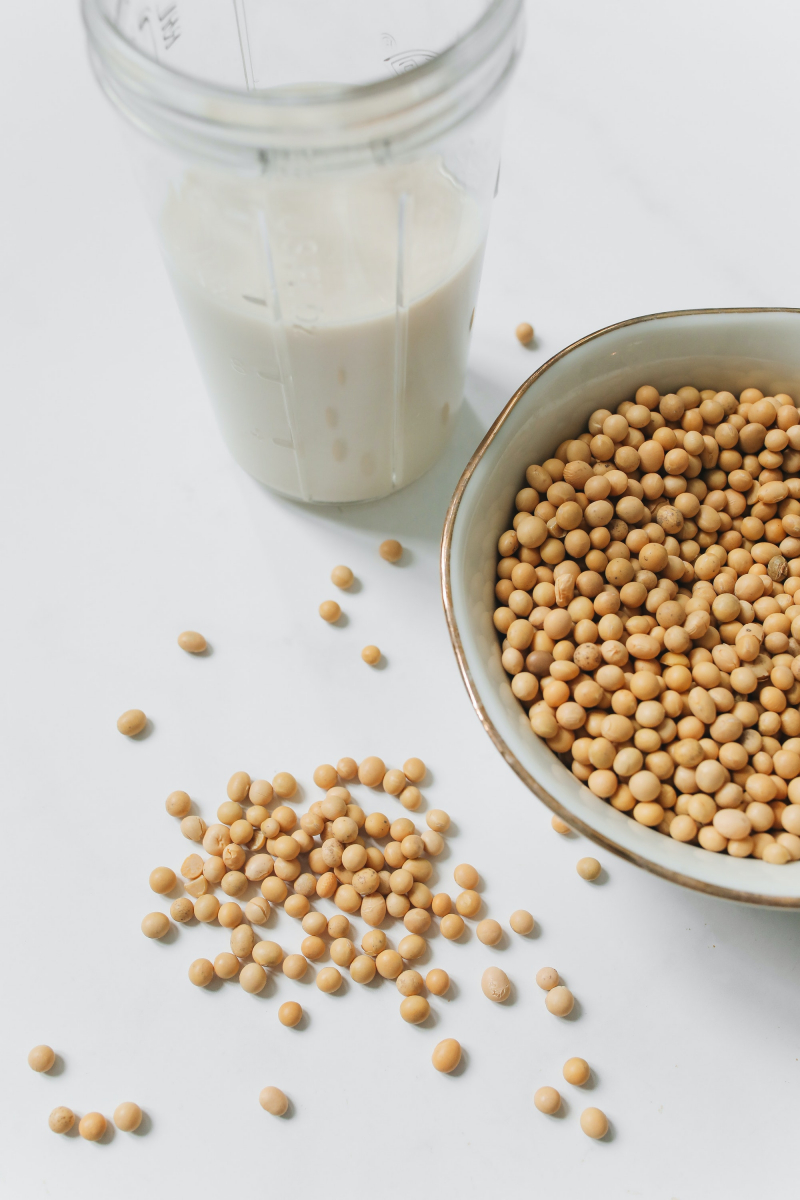
Soybean 
Soybean -
Generally, broccoli has been a great source of antioxidants, vitamins, and fiber that can help prevent cancer. Dipak K. Das' latest recent research demonstrates how beneficial it is to the heart. In addition to lowering cholesterol, broccoli strengthens blood arteries which benefits heart health. The sulforaphane in broccoli may aid in preventing or reversing damage to the blood vessel lining. According to one study, the vitamin B complex in cauliflower can aid in the repair of the consequences of having too much homocysteine in the body and even assist reverse them.
An amino acid called homocysteine often rises in your body after consuming red meat. You are more likely to develop coronary heart disease if your homocysteine levels are elevated. You can lessen your risk of developing heart disease by including broccoli in your meals. Researchers think that broccoli's inclusion of compounds that assist strengthen heart-protective proteins known as thioredoxins is what gives it its health benefits.
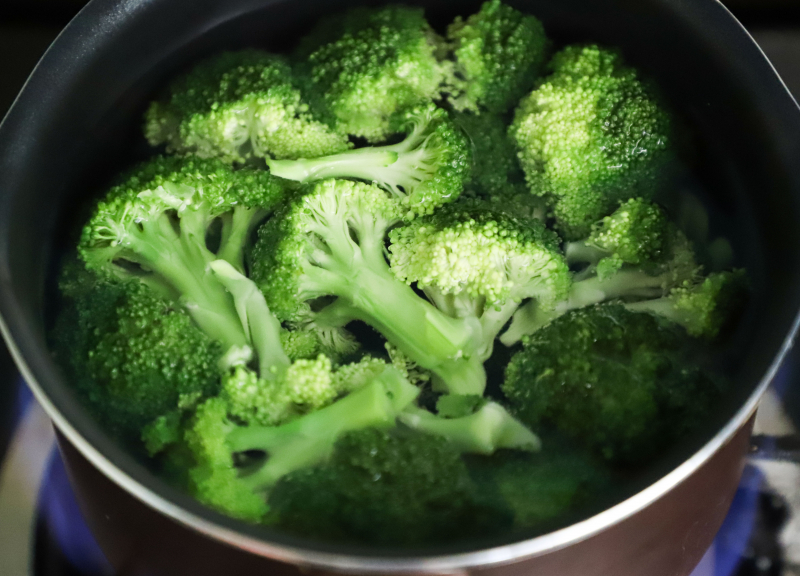
Broccoli 
Broccoli -
Chia seeds are edible seeds from a plant in the mint family, known as Salvia hispanica. These small, black seeds are high in fiber, protein, omega-3 fatty acids, and other vital bioactive substances. Chia seeds contain trace amounts of alpha-linolenic acid (ALA), an omega-3 fatty acid found mainly in plants. Numerous health benefits of omega-3 fatty acids have been demonstrated, including improved cognitive function and heart health.
Consuming chia seeds could improve the health of the digestive system, and lower blood pressure. Chia seeds have a high concentration of omega-3 fatty acids, which are known to reduce inflammation and so support heart health. Chia seed's soluble fiber can assist in reducing blood pressure and LDL (bad) cholesterol.
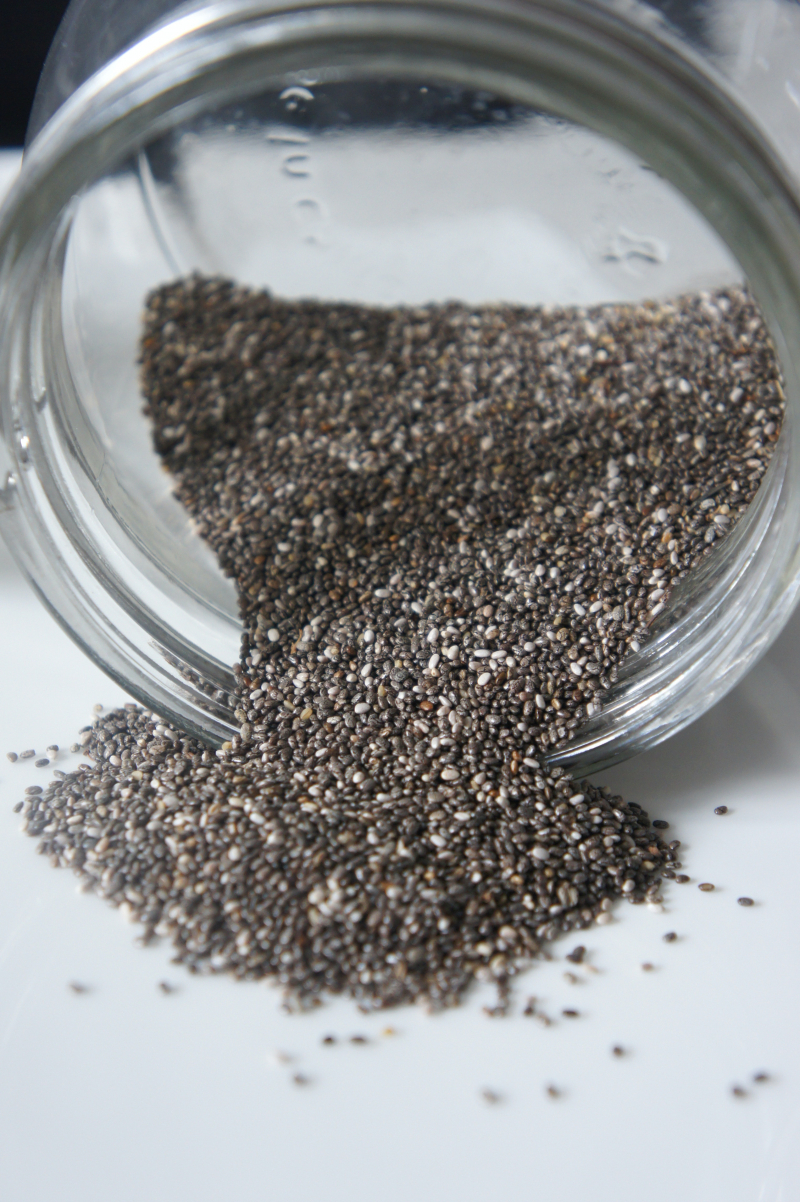
Chia seed 
Chia seed -
Another heart-healthy food that not everyone knows about is dark chocolate. Chocolate is not only a special gift for couples on Valentine's Day but also one of the best medicines for the human heart. Dark chocolate contains at least 70% cocoa, which is a heart-healthy food. With the effect of improving blood circulation, chocolate will reduce the risk of heart attacks. Some scientists believe that this sweet food may have many benefits in fighting atherosclerosis, thereby reducing the risk of heart attack or stroke.
Dark chocolate is very good for the heart because it contains cocoa, which is a rich antioxidant that reduces heart attack, stabilizes blood pressure, reduces stress, and reduces the risk of stroke,... Recent research shows that dark chocolate helps prevent two common: clogged arteries and restores flexibility to the arteries while also preventing white blood cells from sticking to blood vessel walls.

Dark chocolate 
Dark chocolate -
Is fish a healthy food to eat? The response was given a very long time ago. The fact is that eating fish is beneficial for the heart and gives the body a variety of other nutrients in addition to being good for overall health. Eat fish at least twice a week if you are concerned about your heart's health to lower your chance of developing heart disease. The American Heart Association also advises doing this. The heart benefits greatly from fish's abundance of omega 3 fatty acids and other vital minerals, which lowers the risk of cardiovascular disease, one of the main causes of mortality.
Include fatty fish in your diet, such as sardines, cod, mackerel, salmon, herring, and canned tuna, if you want to consume seafood that is truly heart-healthy. Adults are advised to consume 230 grams, or at least 2 meals, of fish high in omega-3 fatty acids per week. To lower the risk of mercury exposure from fish, women who are pregnant, expecting to become pregnant, or who are nursing should consume no more than 340 grams of seafood each week.

Fish 
Fish -
The relationship between green tea and cardiovascular disease has been examined in a number of research. According to a study of 40,530 Japanese individuals, those who drank more than five cups of green tea daily had a 26 percent lower risk. They have a 16 percent lower risk, respectively of dying from a heart attack or stroke compared to people who consumed less than one cup of green tea each day.
Therefore, consuming green tea in moderation can assist to promote heart health. Drinking a few cups of green tea every day will provide numerous advantages and delight, but it should be done in moderation. You may simply lower your risk of cardiovascular disease by drinking green tea. Studies show that mild, aromatic tea can lower LDL cholesterol and triglycerides, the bad fats, and reduce the risk of dying from heart disease and stroke.

Green tea 
Green tea -
Many people believe that you should not even consume a little alcohol if you have heart disease. This is entirely incorrect. Numerous studies show that consuming little amounts of alcohol, particularly red wine with meals, is highly good for heart health. Red wine has the capacity to enhance HDL (a kind of cholesterol that is good for the heart by lowering atherosclerosis), reduce blood pressure, and prevent blood clot formation, therefore drinking it in moderation benefits heart health.
Red wine has several heart-healthy ingredients, such as polyphenol resveratrol, which is found in grapes. Resveratrol is supposed to preserve cardiac blood arteries and aid in the prevention of blood clots due to its antioxidant effects. According to research conducted at the University of Bordeaux in France, drinking this wine lowers your chance of dying from all causes by 30%, cardiovascular disease by 35%, and cancer by 18–24%.

Red wine 
Red wine -
You may all know yogurt has many great health benefits, including cardiovascular. Periodontitis may be avoided with yogurt, which lowers your chance of developing heart disease. Previous research has demonstrated that consuming dairy products, such as yogurt, can lower insulin resistance, which is what causes high blood pressure, type 2 diabetes, and other conditions to occur ineffective behavior. These are the elements that make cardiovascular disease worse. According to a survey of over 70,000 people, eating yogurt can help reduce cardiovascular diseases.
Strong antioxidants, vitamins, fiber, and probiotics that are healthy for the digestive system may all be found in low-fat yogurt. It follows that you should immediately include yogurt on your menu as one of the heart-healthy foods. To reduce the chance of having a stroke, the researchers underlined that persons with heart disease should eat more yogurt along with a nutritious diet.

Yogurt 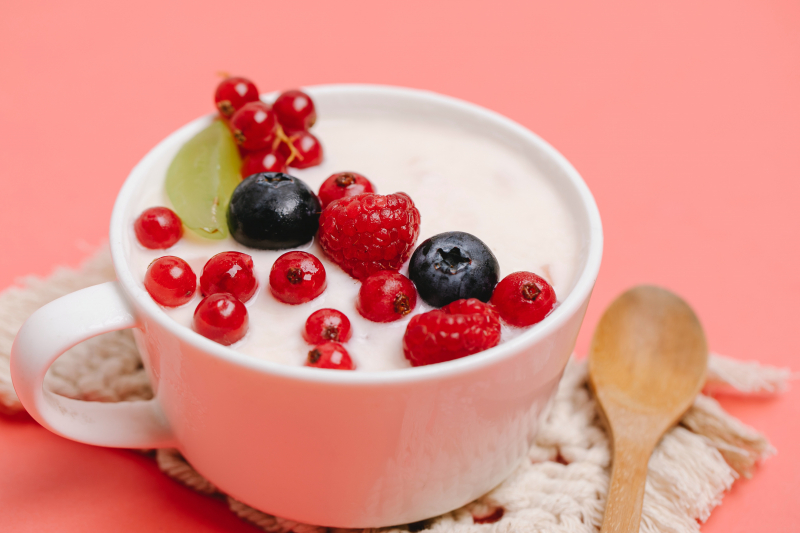
Yogurt -
This lovely and tasty fruit, whether it is consumed fresh or dried, has relatively few calories and fat, making it a great aid for people trying to maintain their health goals. On the other hand, strawberries contain many antioxidants, which have the effect of reducing bad cholesterol (LDL), increasing the amount of good cholesterol in the body, thereby stabilizing blood pressure in both normal people and people with blood pressure heart diseases.
The nutrients in this delicious fruit assist the body turn fat into energy so that the organs can function correctly and support bone formation. Furthermore, you will have beautiful skin and less aging if you include strawberries in your diet on a daily basis because of their antioxidant and anti-inflammatory characteristics. Additionally, the fruit's polyphenols increase nitric oxide, which widens blood arteries.

Strawberry 
Strawberry













